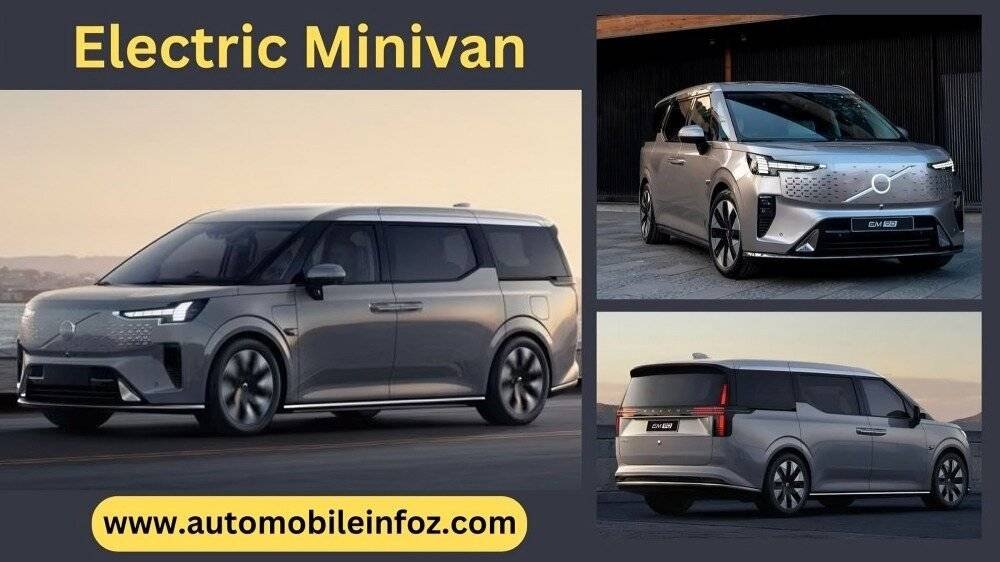No longer are electric vehicles (EVs) the reserved domain of luxury enthusiasts or green crusaders. The reality of our modern world is that they have become a practical choice, espoused by an increasing number of ordinary drivers worldwide. However, taking the plunge into EV ownership signifies more than just an environmental stance. It’s about redefining the way we perceive and utilise fuel for our cars.
Enter the Game-Changer: EV Chargers
Electric Vehicle chargers, the lifeblood of your EV, are pivotal in ensuring your ride is prepped up to transport you wherever you wish. Yet, with a plethora of options teeming in the market, the question arises – how do you zero in on the right one?
The Charger Types
The first step to answering this is unearthing the diverse chargers available. Classified based on power output and charging speed, EV chargers can largely be compartmentalised into three primary categories.
The Elementary: Level 1 Chargers
Coming standard with most EV purchases, Level 1 chargers are the base level, operating on a standard 120-volt outlet. Though ideal for overnight charging at home, these chargers yield only about 3-5 miles of range per hour of charging. Consequently, they might not be the perfect pick for long-distance commuters or drivers in frequent need of swift recharge.
The Gold Standard: Level 2 Chargers
Level 2 chargers herald a significant surge in speed. Requiring a 240-volt outlet installation by an electrician, these chargers yield 25-30 miles of range per hour. They strike the harmonious balance between cost-effectiveness and charging efficiency, making them a popular choice for residential use and public access at workplaces, shopping centres, and parking lots.
The Ultimate: DC Fast Chargers
Situated at the zenith of charging speed, DC fast chargers can improve an EV battery from 20% to 80% in a mere 30 minutes. However, they are predominantly employed for commercial use and their high cost and requisite infrastructure make them a less viable option for home use. Nonetheless, they are invaluable for fleet owners and commercial entities championing EV adoption.
Assessing Your Charging Needs
Understanding the charger types paves the way for you to evaluate your unique charging needs. Your daily travel distance, access to charging locations, and preferred place of charging (home or elsewhere) are all factors that come into play.
Efficiency for Daily Commutes
If your daily commute oscillates within the 30-40 miles range, a Level 1 charger may suffice. However, for those seeking quicker recharge, a Level 2 charger from https://apexcharger.com/ is a better fit, ensuring full charging overnight and a fully fuelled vehicle every morning.
Empowerment for Long-Distance Travel
For those habituated to long-distance travel, access to DC fast chargers en route becomes indispensable. While home installation may not be feasible, strategic trip planning around fast-charging public stations ensures you never face power deficiency on the road.
Enabling Fleet or Business Operations
Fleet owners or businesses catering to EV-driving customers should consider investing in Level 2 chargers and one or more DC fast chargers. This enhances operational flexibility, boosts customer satisfaction and promotes loyalty and environmental responsibility.
Ultimately, selecting the right EV charger boils down to ascertaining your specific needs and considering factors like availability, charging speed, and frequency of use. Regardless of whether you settle for the standard Level 1 charger or decide to upgrade, the objective remains unwavering: reliable power access when required.
With burgeoning EV charger availability, now is the best time to partake in the electric vehicle revolution. Critically evaluate your options and select a solution that seamlessly melds into your life.



